Is free will an illusion or reality? Unravel the mystery behind our decision-making. Explore the science, the feeling of agency, and the possibility of navigating a predetermined path with conscious choices.
Table of Contents
ToggleIntroduction
Imagine yourself trapped in an escape room. Puzzles surround you, each solved clue offering a glimmer of freedom. You strategize, collaborate, and make choices that determine your escape. This scenario mirrors the human experience – navigating life’s complexities and feeling in control of our choices. But is this sense of control genuine, or are we merely following a predetermined script?
Bhagavad Gita Acknowledges-
The Bhagavad Gita offers a nuanced perspective on free will, presenting elements that resonate with both determinism and the concept of individual choice. Here’s a breakdown:
Apparent Determinism:
- The Gita acknowledges the influence of external factors like “gunas” (innate qualities) and past “karma” (actions and their consequences) shaping our actions.
- Krishna, the central figure, mentions the “machine made of material energy” that guides the soul’s journey, potentially implying a predetermined course.
Individual Choice and Responsibility:
- Despite the external influences, the Gita emphasizes the importance of conscious action and performing one’s duty. (Bhagavad Gita 2.47)
- Arjuna, the warrior, is given the choice to fight or not, highlighting a degree of agency in his decision. (Bhagavad Gita 18.63)
Focus on Detachment from the Fruits of Action:
- The core message lies in detaching oneself from the outcome of actions and focusing on fulfilling one’s duty with the right intent. (Bhagavad Gita 2.47)
Interpretations:
- Some scholars view the Gita’s stance as closer to compatibilism. While acknowledging external influences, they emphasize the role of individual choice within those limitations.
- Others interpret the text to suggest free will exists within a broader framework influenced by karma and guna.
The Bhagavad Gita acknowledges external factors influencing our choices.
It emphasizes the importance of conscious action, fulfilling one’s duty, and detachment from the outcome.
The text can be interpreted as supporting a compatibilist view or free will within a predetermined framework.
The Illusion of Choice for free will:
Determinism argues that every event, including our decisions, is an inevitable outcome of preceding factors. Our genes, upbringing, environment, and past experiences weave a web of cause and effect, dictating our path.
Science in the Driver's Seat:
Neuroscience reveals the brain’s remarkable ability to process information and influence our choices. Studies suggest brain activity can precede conscious awareness of a decision, hinting that free will might be an afterthought.
The Prediction Game:
Human behavior exhibits a surprising level of predictability. Marketing strategies target specific demographics based on data, and social media algorithms curate content that resonates with our existing preferences, creating an illusion of individual choice.
But We Feel Free Will:
Despite the deterministic outlook, our lived experience contradicts it. We constantly face situations demanding decisions, and the consequences feel real.
The Internal Dialogue:
We deliberate, weigh options, and consciously select a course of action. This internal debate implies some level of control over our outcomes.
The Responsibility Factor:
Our legal system and social norms hold us accountable for our choices. If our actions were purely predetermined, concepts like punishment or reward wouldn’t hold weight.
Finding the Escape Route: Compatibilism
Compatibilism offers an escape hatch from the determinism vs. free will conundrum. It acknowledges the influence of external factors but argues that free will exists within the boundaries set by those factors. We may not have absolute freedom, but we can make meaningful choices based on the information and experiences we possess.
Making the Most of Our Limited Options:
Compatibilists emphasize the thought process behind decisions. Even if our options are limited by our circumstances, we retain the ability to analyze and consciously choose between them.
Reconciling Responsibility:
Compatibilism suggests that even if our actions are influenced by past events, we can still be held responsible for them. Our capacity for rational thought allows us to understand the potential consequences of our choices.
Neuroscience: Unveiling the Maze
Neuroscience offers valuable insights into the free will debate. While brain activity might precede conscious awareness of a decision, it doesn’t necessarily negate free will entirely.
The Libet Experiment Revisited:
Benjamin Libet’s experiment demonstrated a brief window between brain activity and conscious awareness of a choice. This suggests that even if the brain initiates the process, we might still have a window to intervene and consciously influence the final decision.
The Power of Consciousness:
While the exact nature of consciousness remains a mystery, it seems to play a crucial role in our ability to evaluate information, make judgments, and ultimately choose.
The Unfinished Puzzle:
The free will debate remains an ongoing puzzle. Science might provide glimpses into the brain’s decision-making processes, but the subjective experience of consciously choosing between options is undeniable.
Conclusion:
Whether our free will is absolute or an illusion within a predetermined framework, the human experience compels us to acknowledge a sense of agency in our choices. While scientific exploration delves deeper, the ongoing quest to understand free will compels us to look inward, take responsibility for our actions, and strive to make conscious choices that shape our own narratives and the world around us.
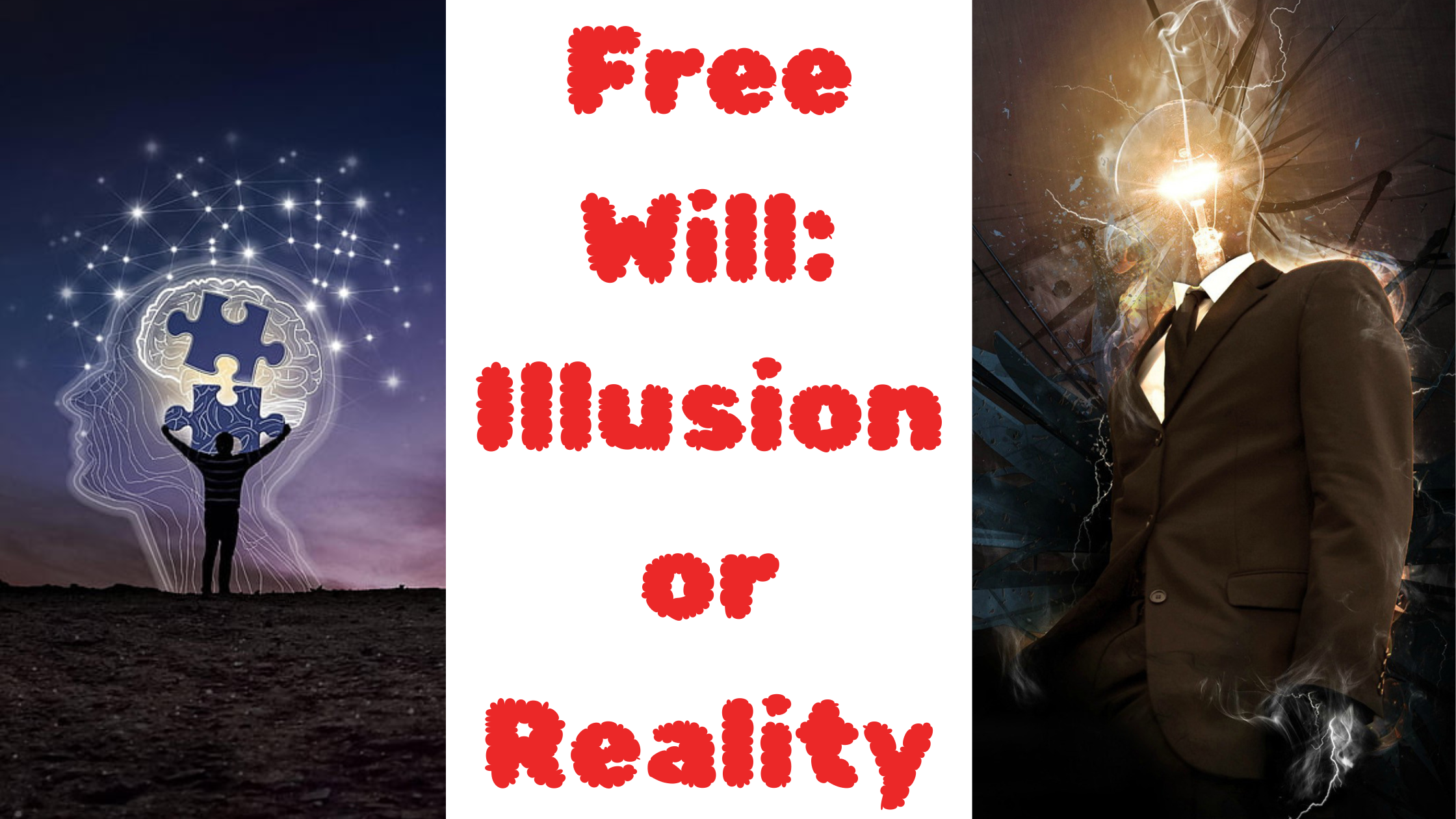







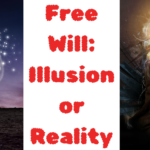

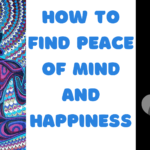
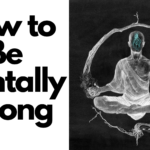


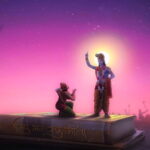
Your article helped me a lot, is there any more related content? Thanks!
Thanks for sharing. I read many of your blog posts, cool, your blog is very good.
Thanks for sharing. I read many of your blog posts, cool, your blog is very good.